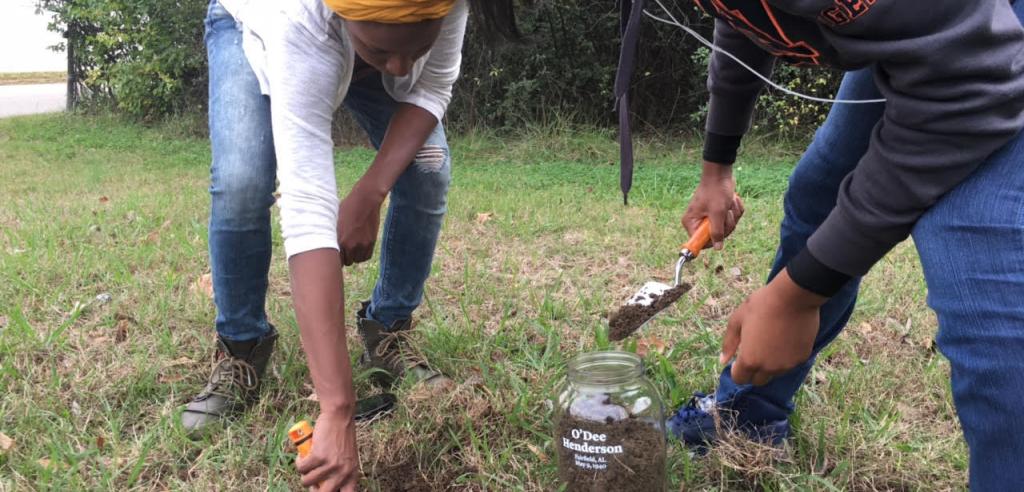Between 1870 and 1940, several hundred African Americans were lynched in the State of Alabama – victims of racial terror that was largely sanctioned by state and local officials. As part of an effort to address this painful past, EJI is hosting an historic project to recognize and commemorate the traumatizing era of lynching.
Public acknowledgment of mass violence is essential not only for victims and survivors, but also for perpetrators and bystanders who suffer from trauma and damage related to their participation in systematic violence and dehumanization. Yet most lynchings, and their victims, have never been publicly recognized. The silence surrounding these atrocities has added to the sense of injury and anguish in many communities of color and contributed to less thoughtful and serious discussion around issues of race.
In February, EJI issued a new report that documents over 4000 lynchings that took place in twelve Southern states that had the highest rates of lynching in America. For the first time, research about the locations where lynchings took place has made it possible for community members to discover their local history. Lynching in America has been read by thousands of people who have expressed a desire to engage more thoughtfully on what the legacy of lynching represents in America.
Understanding the era of racial terror is critical to effectively confronting contemporary challenges of mass incarceration, excessive punishment, unjustified police violence, and the presumption of guilt and dangerousness that burdens people of color.
To create greater awareness and understanding about racial terror lynchings, and to begin a necessary conversation that advances truth and reconciliation, EJI is working with communities to commemorate spaces where lynchings took place with memorials and historical markers. This week, a project to collect soil from every location where a person was lynched will begin with Alabama, where volunteers will collect soil from lynching sites across the state.
This soil collection project is intended to bring community members closer to the legacy of lynching and to contribute to the effort to build a lasting and more visible memory of our history of racial injustice. Jars of collected soil will be part of an exhibit that will reflect the history of lynching and express our generation’s resolve to confront the continuing challenges that racial inequality creates.
